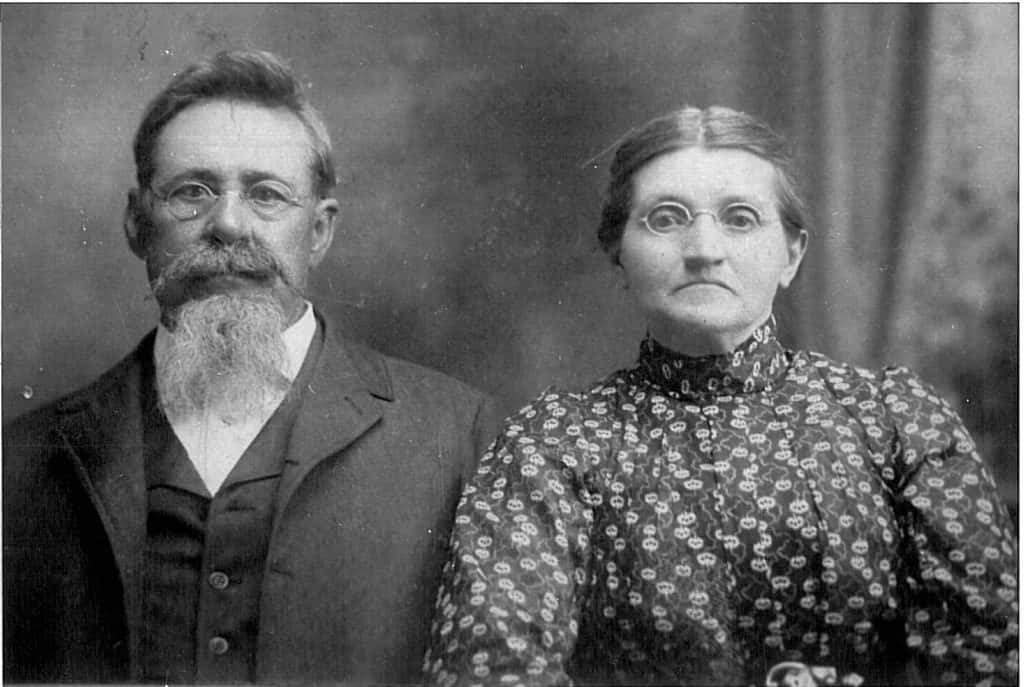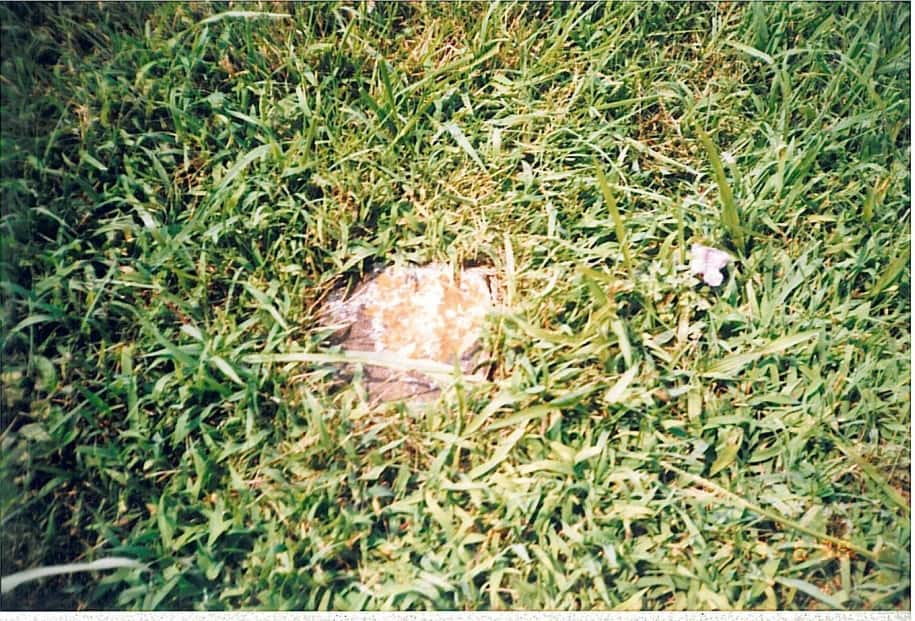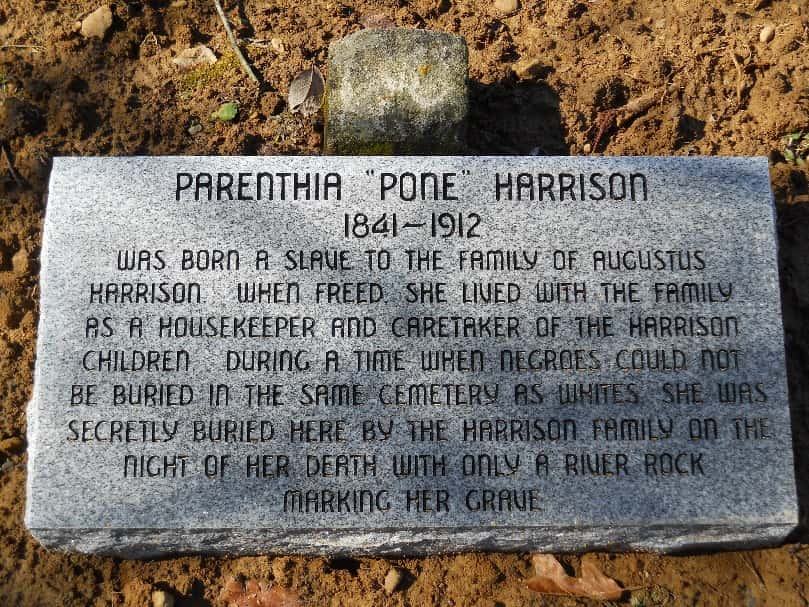Augustus Harrison
Written by Justin D. Lamb

Above: Augustus and Elizabeth Harrison
(Photo courtesy of Mary Harrison Miller)
Augustus “General” Harrison was one of the first people to settle in Marshall County and over his lifetime he was influential in the development of the small community of Olive. Born on October 18, 1836 in Logan County, Kentucky, Augustus Harrison came to Marshall County when he was only 18 years old. With the settlers moving further west in the 1850s, Harrison made the journey to the Jackson Purchase with a two-wheel cart, a cow and a mare and settled in the unchartered territory in southeastern Marshall County. Harrison and his brother, Henry, went to the courthouse in Benton to apply for the homestead rights to the section of land in southeastern part of the county. It was during this time that Augustus received the nickname of “General” which he went by for the remainder of his life. While applying for the rights to the homestead land in Olive, Harrison did most of the talking and negotiating with the County Clerk which garnered him the nickname “General.”
The land that Harrison purchased in Olive was along the main road or the stagecoach route as it was referred to in those days. It was along this route that Harrison and others within the community began to develop the town of Olive. Harrison donated the land for the Olive Methodist Church and the Olive cemetery. He opened up a blacksmith shop and sawmill. By the 1860s, he had acquired a great deal of land which included 4 acres of apricot, apple, peach, and grape orchards. Harrison also owned sheep and made yarn.
On April 19, 1863, Augustus Harrison married Elizabeth “Lizzie” Finley of Bishop Mills. They had twelve children: Oscar Turner Harrison, John Henry Harrison, William Wallace Harrison, Emma Harrison, Robert E. Lee Harrison, James Nicholas Harrison, Richard Kelley Harrison, C.A. Harrison, Avery Jackson Harrison, Lula May Harrison, Finley Ray Harrison, and Kate Harrison.
When Harrison first settled in Olive, he lived in a log cabin house on what became known as “Harrison Hill”, but shortly after, he built one of the very first frame houses in Olive. According to Harrison family records, Augustus Harrison hired an Irishman to build the home, but his name was never given. It was constructed from lumber from the Harrison sawmill and was made out of cypress wood. The impressive home took a year and a half to complete. The home had a seventy foot porch, a master bedroom, children’s room, a visitor’s room, a dining room, and a back porch with a cistern. The kitchen was at the back of the house.
Like most wealthy landowners in the 19th Century, Augustus Harrison owned slaves, but freed most of them after the Civil War began. However, many of the former slaves stayed with the Harrison family after being freed. One slave, Parenthia or “Pone” as she was called, lived in the Harrison home until her death around 1912 at the age of 105. She helped with housework and raising the children and was considered a member of the family. When she died, the Harrison family carried her to the Olive Methodist Church cemetery for burial. However, her burial had to be done in secret. It was not acceptable for blacks to be buried in white cemeteries in those days, so on the night after she died, the Harrison family dressed her in her best clothes, put her in a pine coffin in the back of a wagon and took her to the cemetery. She was buried in secret just after dusk. Her only grave marker was a square cut stone at the foot of Augustus Harrison’s grave. A proper headstone was dedicated by the Olive community in 2012.


Above: This photo taken in 1998 shows the stone marker at the foot of Augustus Harrison’s grave which marked the grave of Parenthia, a former Harrison slave and housekeeper. Bottom: A proper headstone was dedicated in 2012.
On Friday evening, Augustus 8, 1902, Augustus Harrison passed away at his home in Olive. He was laid to rest in the Olive Methodist Church Cemetery. Throughout the years, the Harrison family would continue to be one of the leading families in Olive. Augustus Harrison’s grandson, Gus Harrison, was a longtime school teacher at Olive and another, Ray Harrison, owned a general store and filling station at the Olive crossroads for several years.
